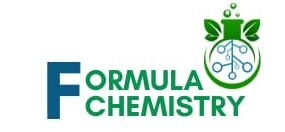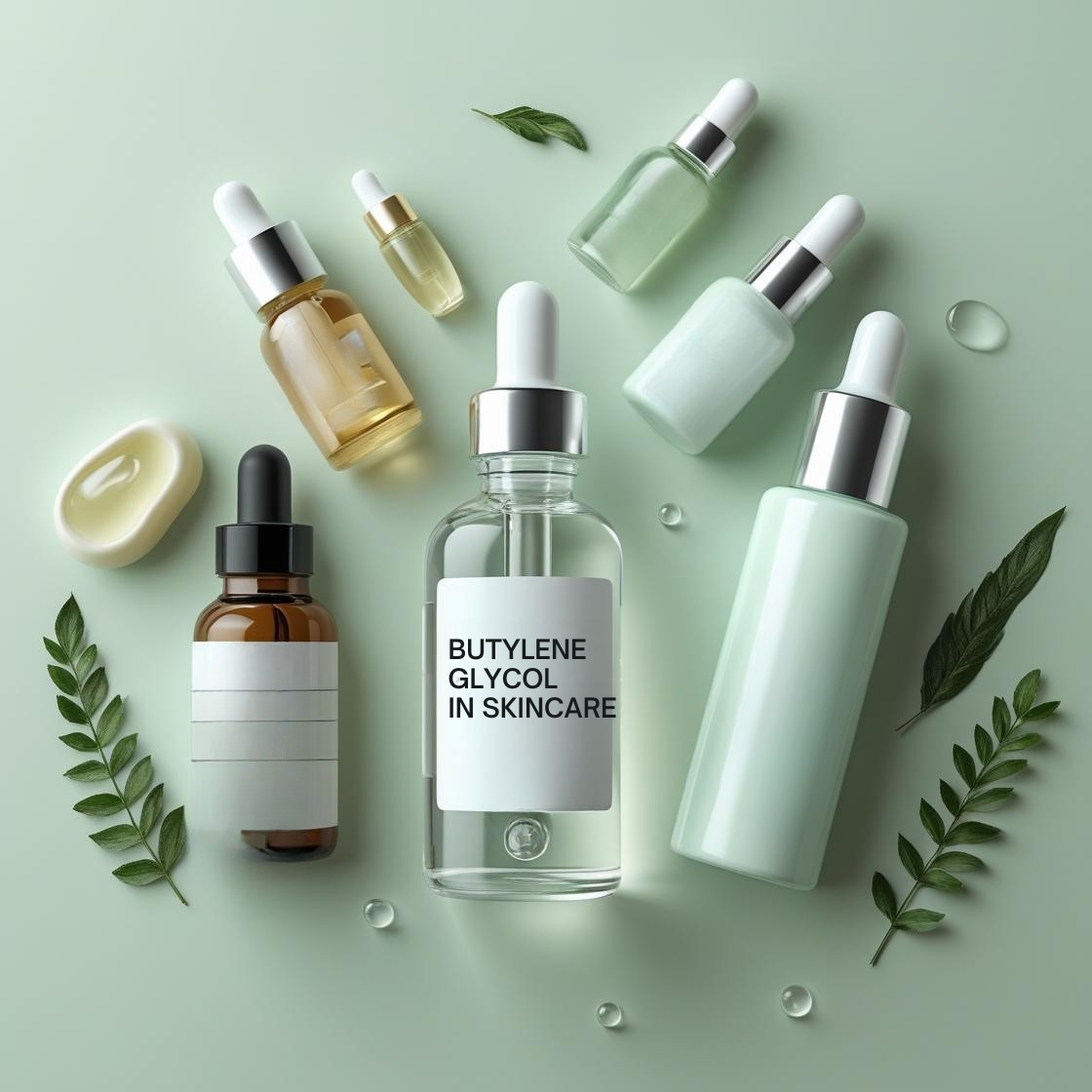CAS Number 107-88-0, 6290-03-5
INCI Name BUTYLENE GLYCOL
Butylene Glycol is a clear, viscous liquid commonly used in skincare and cosmetic products. With the formula C4H10O2, it acts as a humectant, emollient, and solvent. It hydrates, softens, and conditions the skin and hair while improving product texture by preventing clumping and ensuring smooth application.
Purpose
Butylene Glycol acts as an emollient by softening and smoothing the skin, helping to lock in moisture and keep it supple. As a humectant, it draws water from the environment and deeper layers of the skin to maintain hydration. It also functions as a skin conditioning agent, improving the texture and overall appearance of the skin to keep it healthy and smooth. Additionally, this serves as a solvent, dissolving other ingredients in formulations to ensure they are evenly distributed and effective.
Origin
Butylene Glycol is typically derived from petroleum, sugarcane, or distilled corn and is produced through the catalytic hydrogenation of acetaldehyde. It is commonly available as a liquid and blends easily with most ingredients used in cosmetic and skincare formulations.
| Feature | Description |
| Name | Butylene Glycol |
| Type | Humectant, Solvent, Emollient, Skin Conditioning Agent |
| Source | Synthetic |
| PH | Neutral |
| Color | Clear and Colorless |
| Odor | Mild, faintly sweet or odorless |
| Solubility | Soluble in water |
| Concentration | 1% to 10% |
| Physical state | Liquid |
| Boiling point | 207°C |

Humectant Power
As a powerful humectant, Butylene Glycol attracts moisture from the environment and the deeper layers of the skin to the surface. This helps maintain optimal hydration, combats dryness, smooths rough patches, and supports healthy skin function.
Texture Enhancer
By reducing viscosity and increasing slip, this improves the spreadability and smoothness of skincare products. This ensures even application and gives formulations a luxurious, silky feel.
Penetration Booster
Butylene Glycol enhances the absorption of active ingredients like antioxidants, peptides, and vitamins by temporarily altering the skin’s barrier. This allows these actives to penetrate deeper and work more effectively.
Stability & Anti-Clumping
It helps stabilize cosmetic formulations by preventing ingredients from separating, clumping, or settling. This ensures products maintain consistent texture, appearance, and performance throughout their shelf life, increasing consumer satisfaction.
Solvent Role
Acting as an effective solvent, this dissolves many ingredients that might otherwise be difficult to mix. This results in a homogeneous blend, allowing for uniform ingredient distribution and consistent product efficacy.
Skin & Ingredient Friendly
Butylene Glycol is generally gentle and non-irritating, making it suitable for all skin types, including sensitive and acne-prone skin. It works well with a broad spectrum of actives, such as niacinamide, retinol, and vitamin C, enhancing formulation versatility.
Enhances Shelf Life
By reducing microbial growth and maintaining formula integrity, this contributes to extending the shelf life of skincare products, ensuring long-lasting safety and effectiveness.
Improves Product Absorption
Beyond helping actives penetrate deeper, it boosts overall product absorption, allowing skincare treatments to deliver benefits more efficiently.
Non-Comedogenic
Butylene Glycol does not clog pores, making it safe and effective for use in products aimed at oily or acne-prone skin types.
Reduces Product Greasiness
Its lightweight, non-greasy nature helps minimize the heavy or oily feel that some moisturizers can leave behind, making products more comfortable to wear.
Enhances Fragrance Distribution
It assists in evenly dispersing fragrances throughout a product, improving scent experience without overwhelming the senses.
Acts as a Carrier for Preservatives
Butylene Glycol helps carry preservatives evenly within formulations, boosting their effectiveness to keep products fresh and safe from contamination.
Supports Multi-Functional Formulations
Due to its multi-role functionality as a humectant, solvent, texture enhancer, and stabilizer, this enables formulators to create simpler, more efficient skincare products with fewer additives.
Applications of Butylene Glycol in Skincare
Butylene Glycol is widely used across various skincare products due to its versatile properties. Here are some common applications:
1. Moisturizers & Creams
Thanks to its excellent humectant properties, this is a key ingredient in moisturizers and creams. It helps attract and retain moisture in the skin, keeping it hydrated and soft throughout the day.
2. Serums & Treatments
Butylene Glycol enhances the penetration of active ingredients such as antioxidants, peptides, and vitamins in serums and treatment products. This allows these potent actives to reach deeper layers of the skin, maximizing their effectiveness.
3. Cleansers & Toners
In cleansers and toners, Butylene Glycol acts as a solvent and conditioning agent, helping to dissolve other ingredients and leaving the skin feeling smooth and refreshed without stripping moisture.
4. Sunscreens
It improves the texture and spreadability of sunscreens, ensuring even application and boosting the absorption of UV filters, which enhances sun protection efficacy.
5. Makeup Products
Butylene Glycol is used in foundations, primers, and other makeup products to improve texture, prevent clumping, and keep formulations stable. It also helps makeup glide smoothly onto the skin.
6. Haircare Products
Though primarily a skincare ingredient, Butylene Glycol is also found in haircare products where it acts as a conditioning agent and moisture-binding ingredient, keeping hair soft and manageable.
7. Anti-Aging Products
Its ability to boost the delivery of active ingredients makes Butylene Glycol valuable in anti-aging formulations, helping ingredients like retinol and peptides penetrate deeper to reduce fine lines and wrinkles.
8. Acne Treatments
Butylene Glycol’s non-comedogenic nature means it can be safely used in acne treatments without clogging pores, while its moisturizing effect helps balance skin that may be prone to dryness from acne-fighting ingredients.

